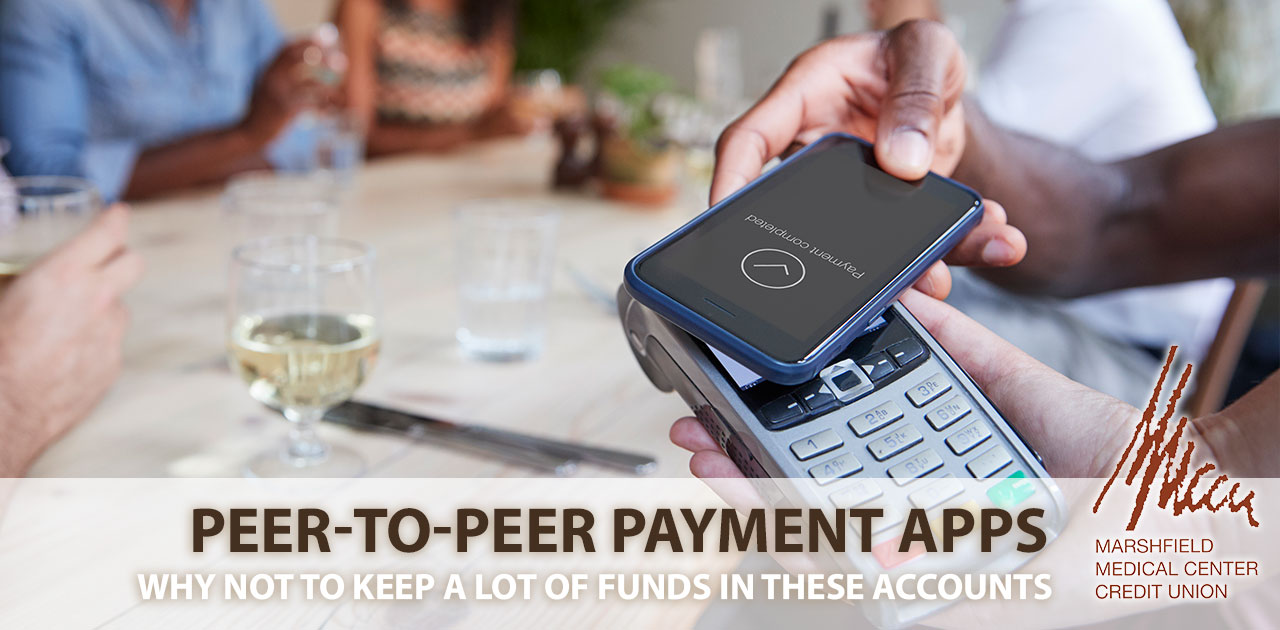Caution Against Money in Venmo or PayPal (or Other P2p Services)
If you are one of the 50 million+ people that uses popular peer-to-peer (P2P) payment services such as Venmo or PayPal, you might want to examine how much money you have in those services. Though they make it easy to pay a friend or split the bill, it’s important to keep an eye on your balance so that it doesn’t get too high.
In 2020, nearly $160 billion was sent using just Venmo. According to LogicaResearch, Americans keep more than twice as much cash on hand in their PayPal accounts as in their wallets and most who keep money in their PayPal accounts do so to maintain a balance for transactional purposes. Americans with PayPal accounts in our study report having an average of $485 in their PayPal accounts.
People have also started keeping more funds in various apps, such as Starbucks, to pay for goods and services and earn rewards.
If you have money sitting in your Venmo or PayPal account, or other service, here’s why you should always transfer that balance to your Credit Union account:
- Your money doesn’t earn interest through these services
Unlike money that is in your savings account or investments, money kept in Venmo, PayPal, or other P2P services isn’t earning you any interest. These funds won’t increase over time.
- Your money isn’t insured through these services
Unlike your money at the credit union , where your savings is federally insured to at least $250,000 and backed by the full faith and credit of the United States Government, money in P2P accounts is NOT insured. If those services were to go down, you may not get your money back. Though it’s unlikely these services will crash, it’s better to be safe and mitigate risk by leaving smaller sums in those accounts.
- Money transfers through these services take time
Venmo, for example, reviews all of its transfers. This means that you may be left unable to pay a bill because your funds are “in limbo.” Though transfers typically take 1-3 days, if there is a delay, you may not have access to funds you need to pay rent or buy groceries.
Though these services are convenient and ok to use for small cash transfers, it’s better to keep your money in accounts that work for you. MMCCU will be launching a P2P service in 2022. Members will be able to access services similar to Venmo and PayPal, while keeping their funds safe and earning interest.
To learn more, contact us today!


